Dad reveals Tonga tsunami horror amid terrifying eruption prediction
An Aussie dad has recounted the video call he made to his young son as a tsunami smashed through their home in Tonga, while experts warn of more eruptions.
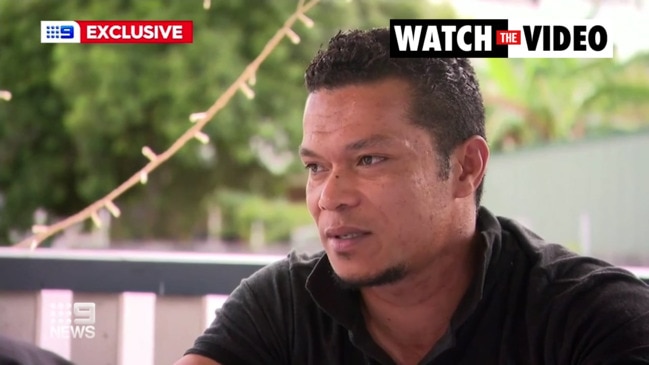
A Queensland dad has recounted the horrific moment a tsunami smashed through his family’s home in Tonga while he was video calling his four-year-old son.
On Saturday, a powerful volcanic eruption in Tonga triggered a series of tsunami waves around the Pacific, with the nation’s capital, Nuku’alofa, suffering “significant damage”.
The full extent of the impact is still unclear and while there are no reports of injuries or deaths yet, hampered communications means a full assessment of the damage is still not possible.
Mosese Sitapa is one of the many Tongans living in Australia who are anxiously waiting for updates from their families.
He told Nine News he called his family in Tonga to try and warn them to get to higher ground, but it was too late.
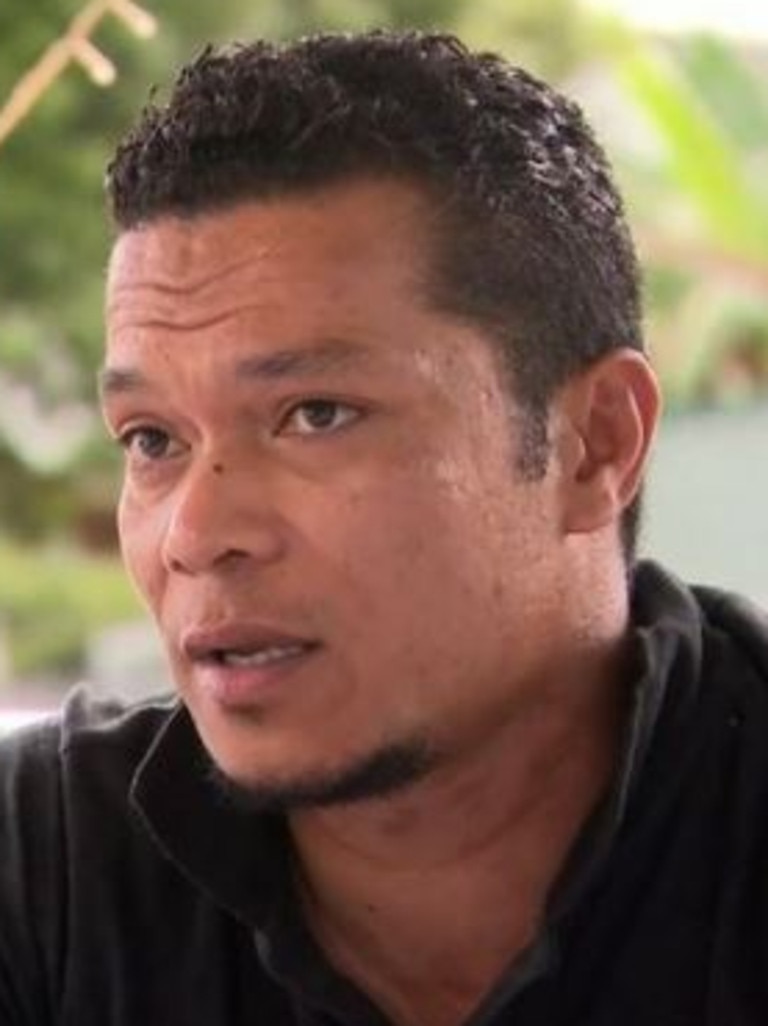
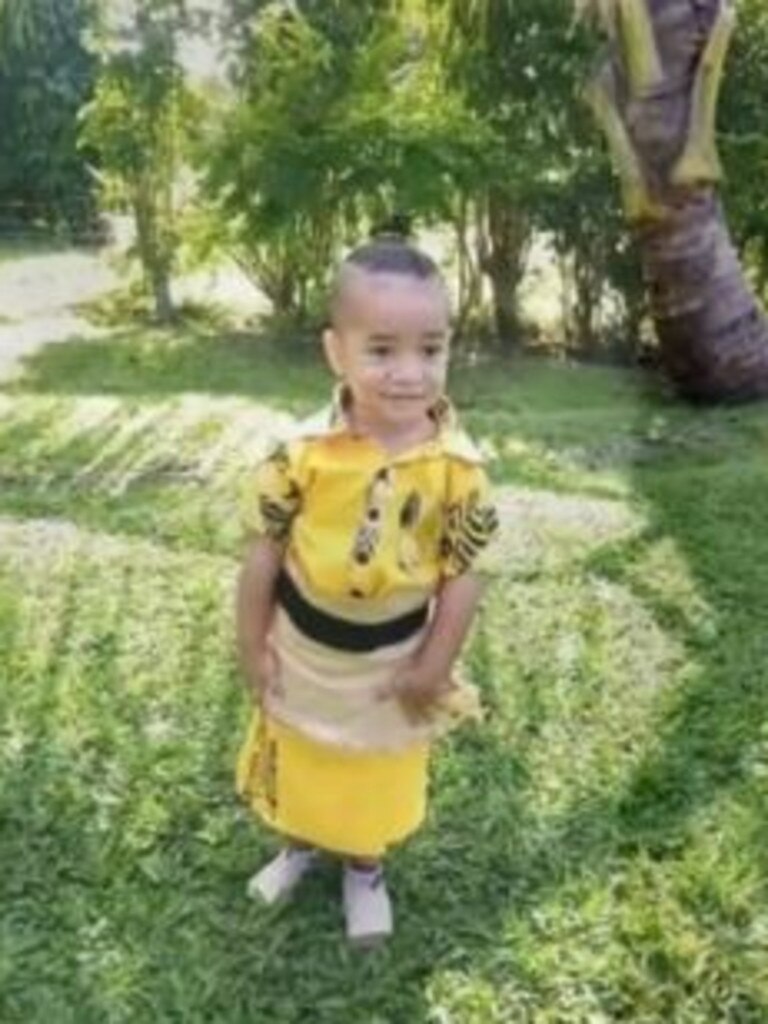
As he was speaking with his mother and four-year-old son Elone on a video call, a wave smashed through their home and he lost communication with them.
“I just talked to him and he kept playing with his toys. It was so sad,” Mr Sitapa said
Dramatic satellite images showed the long, rumbling eruption of the Hunga Tonga-Hunga Ha’apai volcano spew smoke and ash in the air, with a thunderous roar heard 10,000 kilometres away in Alaska.
The eruption triggered tsunamis across the Pacific with waves of 1.74 metres measured in Chanaral, Chile and smaller waves were seen along the Pacific coast from Alaska to Mexico.
In California, the city of Santa Cruz was hit by flooding due to a tidal surge generated by the tsunami, videos retweeted by the US National Weather Service showed.
Peru closed 22 ports as a precaution while waves of around 1.2 metres hit along Japan’s Pacific coast.
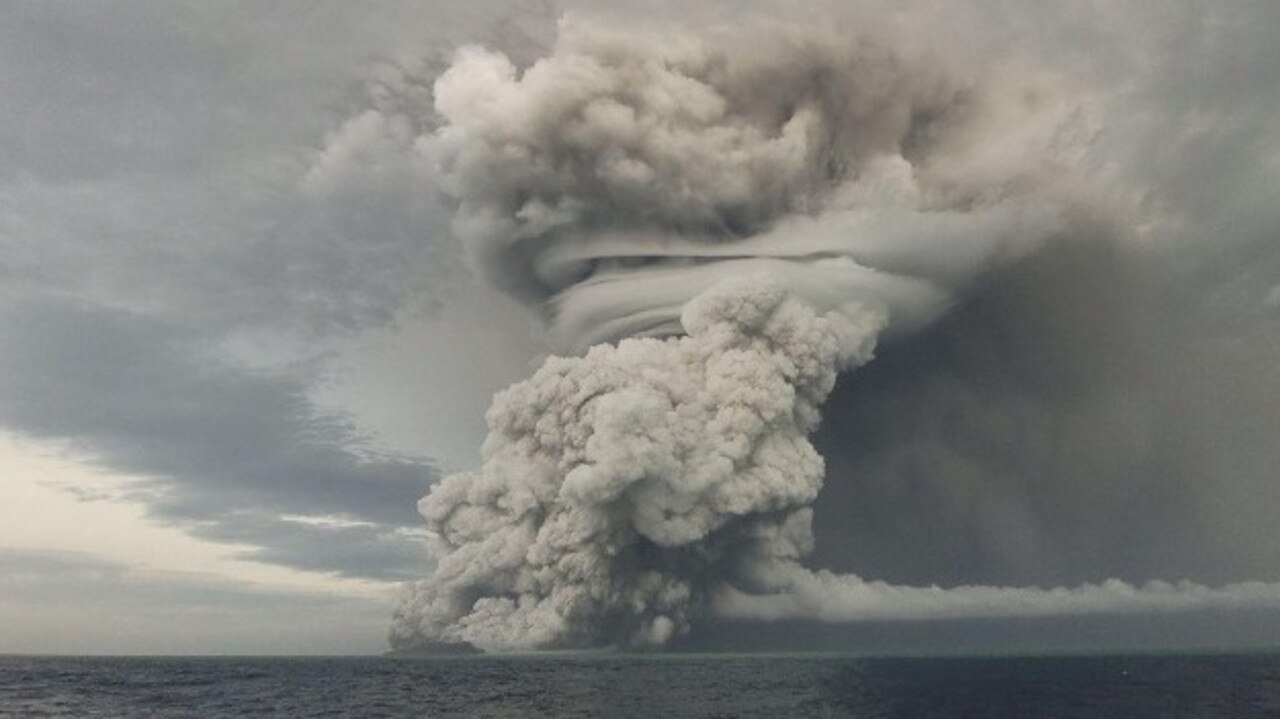
A tsunami warning was also in place for Australia’s east coast, with beaches closed across NSW as a result.
People in NSW were told to be wary of tsunami waves, which can be more powerful than beach waves of the same size.
“There will be many waves and the first wave may not be the largest,” the Bureau of Meteorology said.
Eruption not usually a ‘one-off’ event
A NSW scientist has warned more eruptions could be looming, telling The Sydney Morning Herald that there is geological evidence to show massive eruptions often come in multiples.
University of Newcastle coastal scientist Hannah Power said while these events are “not usually a one-off”, it is not known how long it could be before another eruption occurs.
“Tsunami waves come in clusters,” Dr Power said.
“We might see another eruption in days, weeks or even years. Often the first wave is not the biggest, so people can become complacent.”
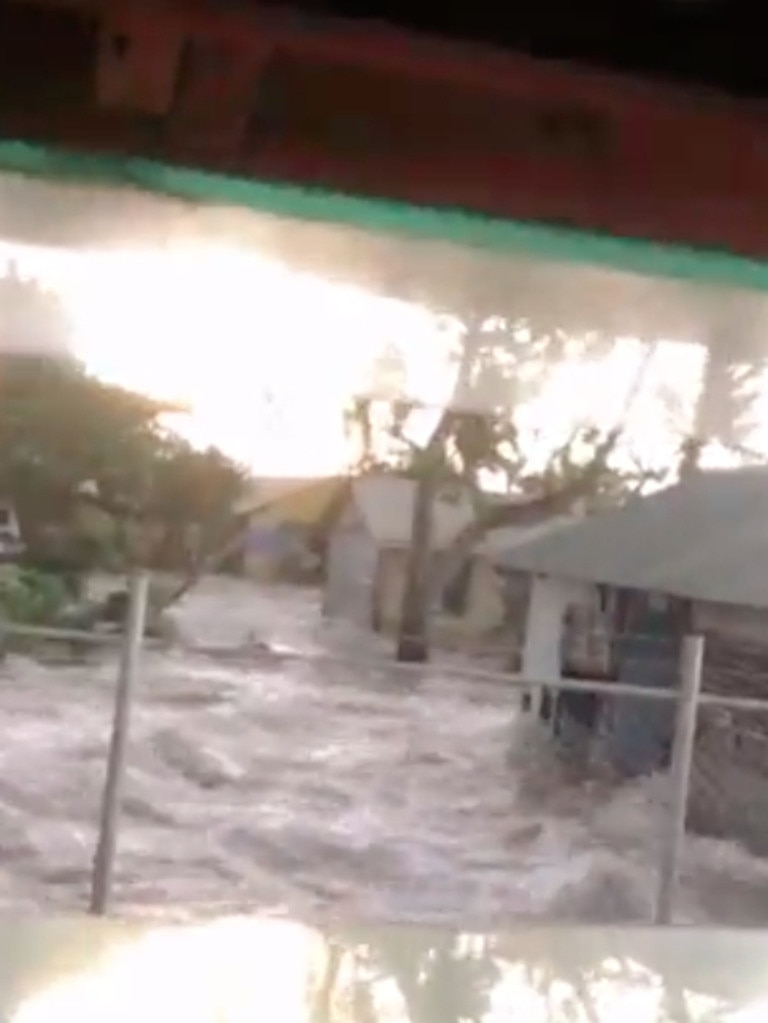
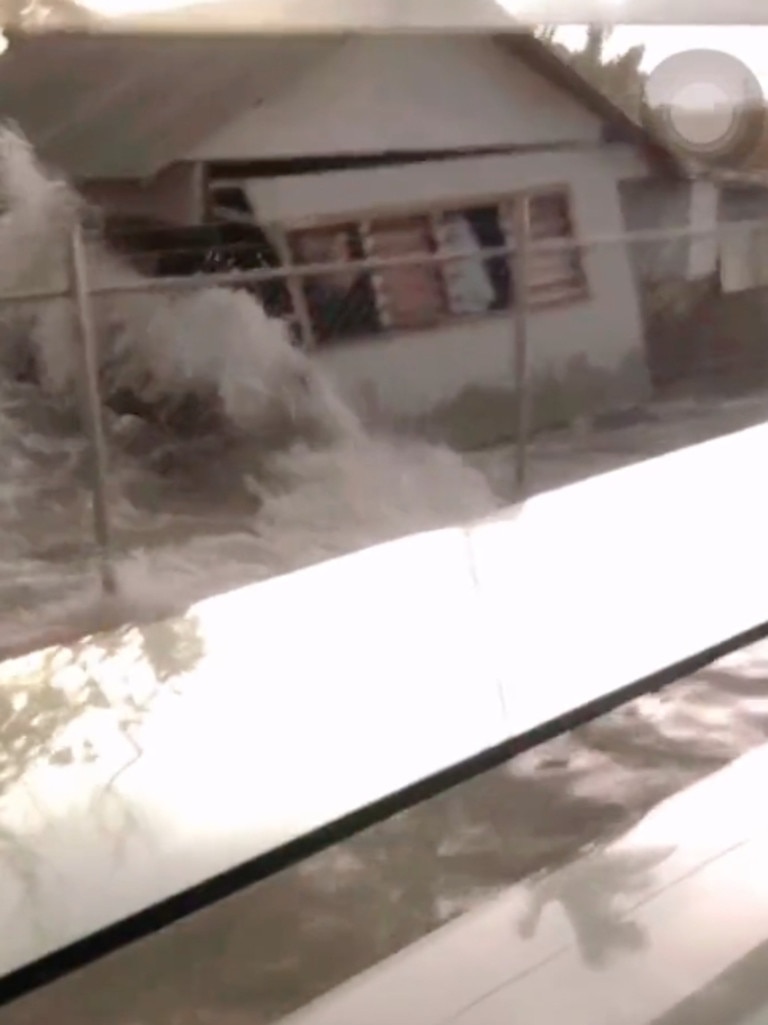
She noted that Tonga sits in a region in the Pacific that is surrounded by tectonic plate boundaries.
“The Tonga-Kermadec trench, in the western Pacific Ocean, is a really active part of the world where two tectonic plates meet. It is an area that is prone to volcanoes and earthquakes and one event could mean months or years of more activity to come,” Dr Power said.
On Sunday, New Zealand Prime Minister Jacinda Ardern revealed the tsunami had a “significant impact” on the foreshore on the northern side of Nuku’alofa.
“Nuku’alofa is covered in a thick film of volcanic dust but otherwise conditions are calm and stable,” she said following contact with the New Zealand embassy in Tonga.
Ms Ardern said Tonga was in need of water supplies as “the ash cloud has caused contamination.”
There has been no word on damage in the outer islands, though New Zealand’s Defence Force said it will send an air force reconnaissance aircraft “as soon as atmospheric conditions allow”.
Tonga has also accepted Canberra’s offer to send a surveillance flight, Australia’s foreign office said, adding it is also immediately prepared to supply “critical humanitarian supplies”.
The United States and the World Health Organisation have also pledged support, while the United Nations children’s agency said it was preparing emergency supplies to fly in.
- With AFP




